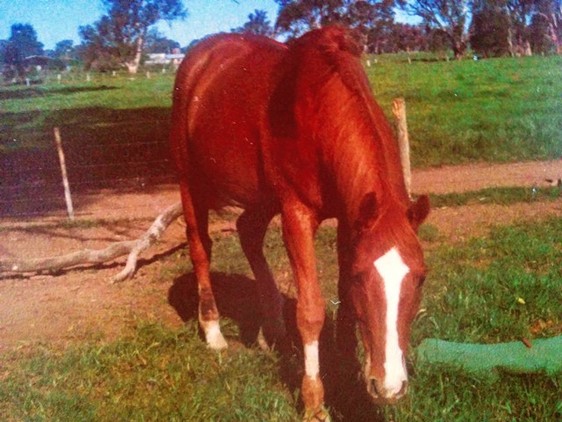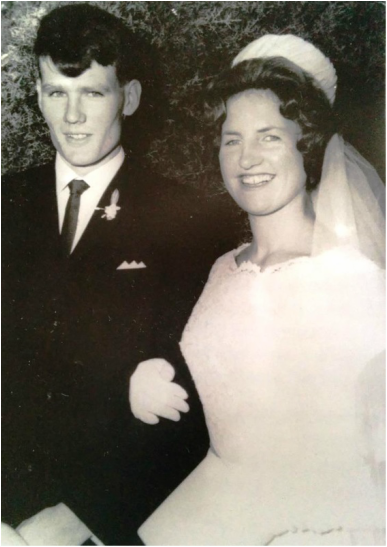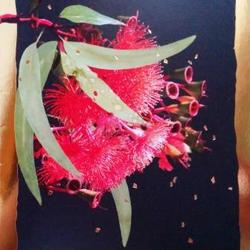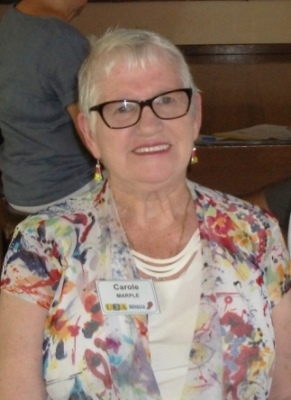To do this Patricks’ had had men flown to Dubai, mainly ex-army fellows, to be trained as stevedores and guards. One day, at the time of a shift change, the Webb Dock in Melbourne was suddenly swarming with armed guards with angry guard dogs in tow demanding that the crane drivers step down from their cabins and hand over their keys. In other words, they were being locked out of their work.
Now, I’m a Union girl. I have been since I started teaching in Wodonga Primary school some 55 years ago with 50 students in the one room and on less pay than the teacher next door with exactly the same conditions. He got more pay because he was male. The only people who seemed to care about this situation were in the union. Thus started a life time of union meetings and ALP membership. Being a unionist and ALP member hasn’t been without its heart ache or disappointments, but there remains a fundamental basic support for the belief that workers have the right to work, the right to organize and the right to withhold their labour. It was natural to me to support the MUA members.
We were living in Melbourne at the time although we had family here in Benalla. Naturally being a very conservative town there were many supporters of the lockout by Corrigan including the Victorian Farmer’s Federation (VFF) Benalla Branch and long term and current councillor, Peter Davis. Peter was widely known at the time to have volunteered for crane driving training and to have volunteered for Patricks' on the water front during the strike.
.
The call went out from the MUA for other unions and supporters to come to the waterfront. So, I went, not for the days and nights given by the unionists, but I felt my contribution of a day was at the very least one of support.
There was not a great deal the Union and supporters could do other than stand vigil at the gates. It was, and still is now, illegal to go on strike or prevent others from entering the place of work. All the fighting went on in the courts, with many legal eagles giving the unions support while others gave similar support to Patricks. In the end, the Unions won the court case, however they lost the battle as a follow up agreement between the union and Patricks meant many lost their jobs.
Patricks eventually went broke and lost out to Toll.
The union (MUA) is still active and peace reigns on the waterfront.
Carole Marple
May 2017





